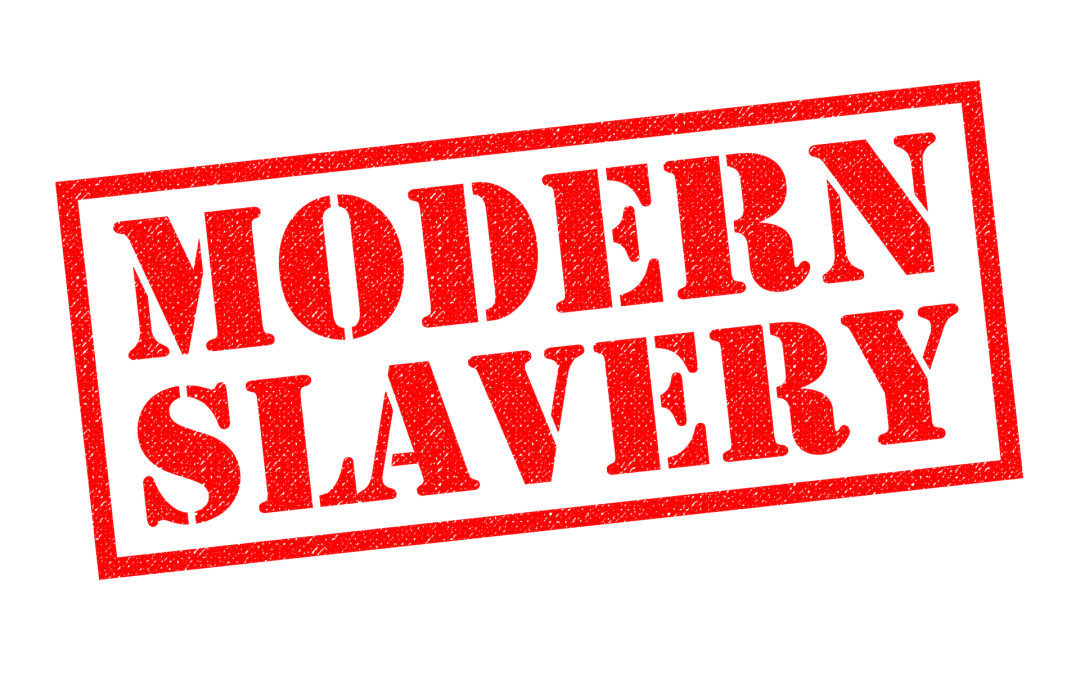Under the Modern Slavery Act 2015, UK businesses have specific obligations to help combat modern slavery. This legislation applies primarily to businesses with a turnover of £36 million or more annually. These larger companies are legally required to publish an annual statement detailing the steps they have taken to ensure that modern slavery and human trafficking are not present in their operations or supply chains.
The statement, often referred to as a Modern Slavery Statement, must be approved at the highest levels of the organisation (such as the board of directors) and must be made publicly available on the business’s website.
The Modern Slavery Act recommends that the following six areas are covered in any statement:
- Organisation structure and supply chains: Companies must outline their operations and supply chains, describing how they function and where potential vulnerabilities to modern slavery might exist.
- Policies in relation to slavery and human trafficking: The statement should highlight the internal policies in place to prevent and address modern slavery, such as supplier codes of conduct, ethical trading policies, and whistleblowing mechanisms.
- Due diligence processes: used to vet suppliers and job applicants.
- Risk assessment and management: Businesses need to assess where risks of modern slavery are highest, both in their direct operations and in their supply chains.
- Key performance indicators to measure effectiveness of steps being taken
- Training on modern slavery and trafficking: Employers are expected to describe the training provided to staff on modern slavery.
The House of Lords Modern Slavery Act 2015 Committee recently published a report which proposed the introduction of financial penalties for non-compliance with the requirement to publish a statement and a suggestion that the category of businesses obliged to produce a statement are widened.
Currently the Secretary of State is able to enforce the duty to prepare a slavery and human trafficking statement in civil proceedings by way of an injunction. If the organisation fails to comply with the injunction, it will be in contempt of a court order and will be liable to an unlimited fine.
Aside from the statutory sanctions, a failure to produce and publish a statement could lead to a damage in reputation and brand. A good example of the reputational impact of modern slavery issues can be found in the recent case of a branch of McDonald’s in Cambridgeshire, which was found to have employed 16 victims of modern slavery.

Contact Jon Dunkley today for an informal chat, without obligation.
Contact Jon Dunkley
- [email protected]
- 01271 342268



